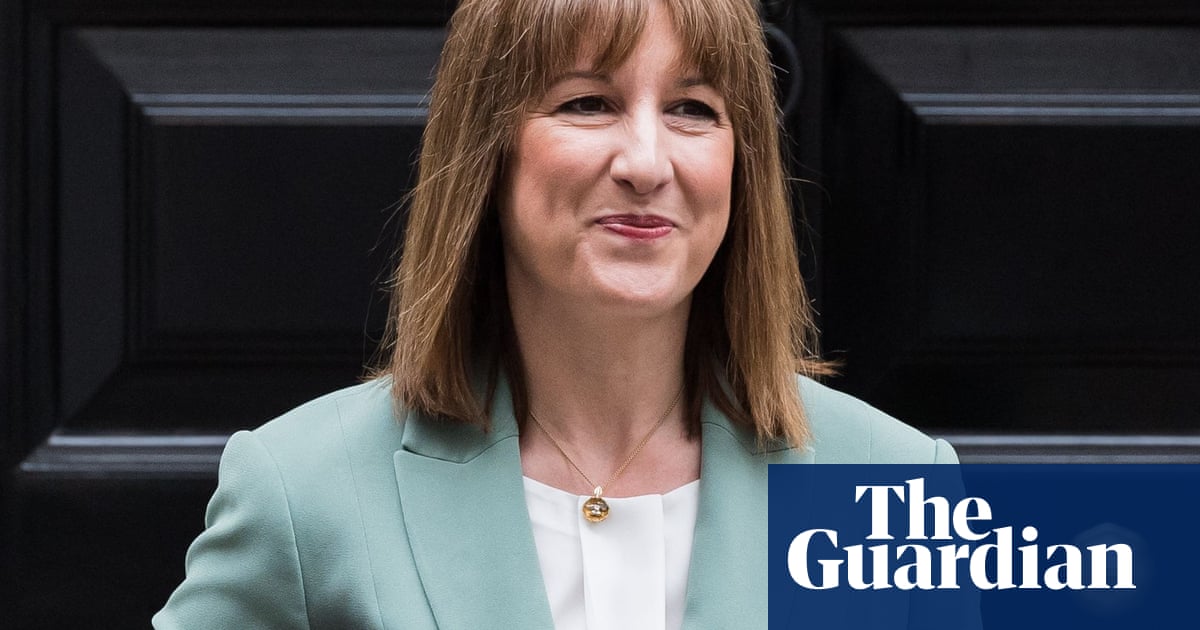Witha barrage of announcements on home insulation, nuclear power, public transport and green technology, Rachel Reeves set out a clear message in herspending review– Labour will take on theReform party on net zero.
Taken together, the spending package on the green economy adds up to more than £60bn, not counting the £22bn in research and development spending, some of which will go to green ends. The budget for the Department for Energy Security and Net Zero alone was boosted by 16%, more than any other department.
Ed Matthew, UK director at climate change thinktank E3G, said: “This is a historic uplift in capital support for building a clean economy. It will turbo-boost investment in clean energy in every part of the country, reducing climate change emissions and bolstering energy security.”
That was not a given. Ed Miliband, the energy secretary,whose department emerged as a clear winner on Wednesday, has been vilified for months in sections of the media andheavily briefed against, even by some within government. There were persistent rumours until last week that the £13.2bn pledge on home insulation would be cut, or that the £8.3bn for Great British Energy would be watered down.
But those pledges remained intact, andthe £15bn boost for public transport outside Londonwill help to tackle one of thebiggest sources of greenhouse gas emissions, from transport. Some of the £22bn announced for research and development will also go to low-carbon ends.
Not everyone was happy. Nuclear power, while low-carbon, is opposed by many green campaigners, but the government has decided topress ahead with £15bn for Sizewell C, and £2.3bn for small modular reactors. The latter will come out of the budget for Great British Energy, leaving it less to invest in renewable technology such as offshore wind.
Nature campaigners, already furious at thepotential for destruction in the planning bill, were further disappointed by the lack of spending on environmental protections, though the budget for flood defences was not cut as feared, receiving instead a 5% increase to £4.2bn to 2029. Deep cuts to the farming budget had been expected but were, in the end, less drastic than feared, with the funds for environment land management schemes, which replace the £2.4bn a year EU farming subsidies, down to £2bn by 2028-29. Full details of the plans of how this will work will be released in the next few days.
The spending review will allow Labour to point to its championing of net zero domestically, in stark contrast to theReform partyand the Conservatives, both of which havetaken a stance against the policy. After some months of confusion, in April Keir Starmer properly laid his cards on the table,saying that net zero was in the party’s DNA.
But on the international front, big questions remain unanswered. The Foreign, Commonwealth and Development Office has had its budget for overseas aid severely cut, and after the current pledge of £11.6bn in climate finance for developing countries runs out next year, future funding is under threat. It will be hard for Starmer to claim climate leadership on the global stage without helping poor countries cope with the climate breakdown the rich have created.
Sign up toDown to Earth
The planet's most important stories. Get all the week's environment news - the good, the bad and the essential
after newsletter promotion
And there is the fact that Reeves could also have gone further; many campaigners, and a large majority of the public according to polling, would supporttaxes on polluters and extreme wealth. Such measures could raise about £20bn a year, according to Oxfam, and could be used to fund further action, such as cutting energy bills, boosting nature restoration and retraining workers in the North Sea.
Louise Hutchins, convener of the Make Polluters Pay coalition of civil society groups, said: “Reeves’ plans fell far short of what’s needed to keep us safe, both here and abroad. Most people can see what’s really going on: oil and gas giants and the super-rich have made billions in profits while driving up household bills and pushing us to the brink of climate breakdown. Letting those most responsible off the hook is a political choice, and an unpopular one.”
